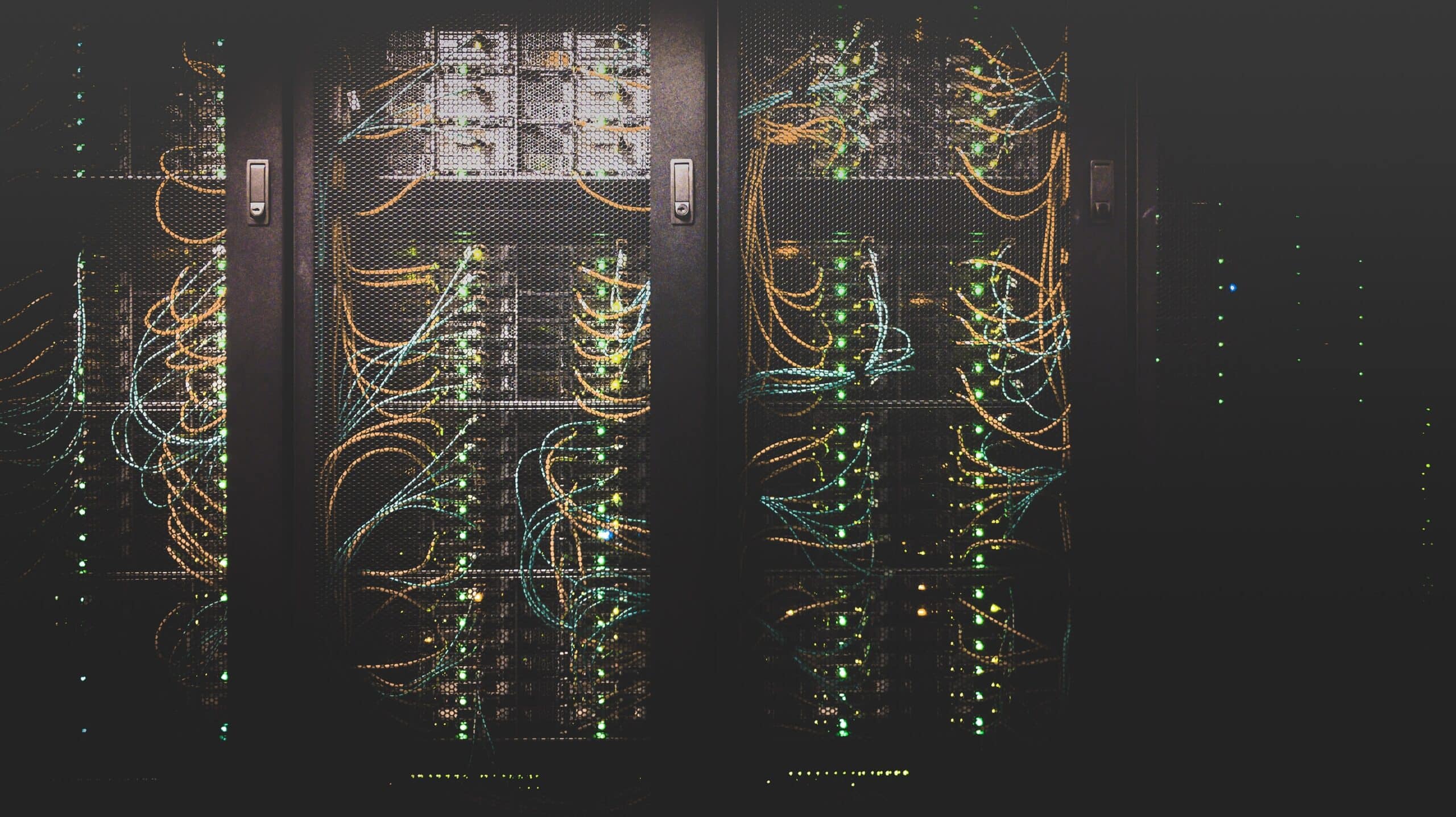Website backups are essential for any business. Whether you’re a small-time blogger or an established website, your site is likely to have visitors at all hours of the day and night. What if something goes wrong? If your hosting company has problems with their servers, or if hackers break into your account, there’s no guarantee that you’ll be able to recover what was lost.
Here are some tips that I have picked up over the years when it comes to the importance of website backups, website security and data protection…
Multi-location backups
The best way to protect yourself from this is by backing up both on-site and off-site. This relates to where the backups are stored, on-site is where you back up your website and its database to the same server where your site lives. The advantage of this is that it provides much faster backups as it doesn’t need to upload data to another server, but can also be lost if the server gets broken.
Off-site on the other hand is where you store the backups on another server located at another data centre, this way if the location of the server has a fire or other technical issue, you can easily access the backup to restore your website. It can take longer to transfer the backup, but it’s better to be safe than sorry.
The first line of defence
I use WordPress as my primary website building tool which has a tonne of backup plugins available to download, some are free while others are premium. I am currently using a premium version of Backup Guard (now called Jet Backup) for all my websites which lets me perform on-site and off-site backups (direct to Dropbox) with one action. I make manual backups before each major theme, plugin or WordPress update and also after making significant changes to the site. I love the plugin for how easy to use it is when migrating sites from development to live servers.
WordPress Backup Plugins do have some potential issues, however. If your site gets hacked, or you are locked out of the backend of the site, it can be tricky to restore a backup without having access. This is where your second line of defence comes in…
Sever control panel backups
Websites are normally installed on a server control panel such as DirectAdmin, Plesk or cPanel. Here it is also important to secure access and create backups as there are many server-side settings that ensure your site works as expected. Again, there are many plugins for these platforms that help automate the backup process. Personally, I’m using both Plesk and cPanel on multiple servers but normally deploy client sites onto cPanel as it is much more user-friendly. Within cPanel, I’m using JetBackup 5 for daily backups, which if I needed to restore a backup, will also restore the website to its existing state. Website hosts on shared servers usually take care of this for you, but it’s always good to check they work.
If it hits the fan, we have one more layer of backups
Hopefully, it will never come to this stage, but being without it is just too risky with so many hackers running riot. I also monitor and backup websites using WP Umbrella, this helps me keep on top of weekly/monthly updates, and security issues to provide that extra layer of off-site backups just in case.
It’s also worth mentioning that I do use another WordPress plugin called WP Reset Pro, this plugin creates snapshot backups before every plugin or theme update and can revert the changes if anything goes wrong. It also has a cloud-based dashboard which helps with site recovery if you are unable to access the backend of the site. I mostly install this on sites which are in active development where plugins may cause conflicts when first installed.
FRANCE: One of Europe’s largest data center complexes, OVH has been destroyed by fire.
3.6 million websites taken offline, no data is likely to be recoverable. pic.twitter.com/zmSimxHkh2— Apex World News (@apexworldnews) March 11, 2021
Don’t just rely on backups
Backups are great for when things do go wrong, but you should have a solid security procedure in place to help prevent attacks on your site. This includes Content Delivery Networks (CDN), a firewall plugin and a malware scanner that works together to provide the best defence for your site’s data. This is even more important if you are an e-commerce website that stores customer data – something which could breach GDPR if not careful. I will be creating an in-depth security guide in the future, so make sure you follow me on Facebook for when that launches.
In conclusion
In the event of a catastrophe, do you have a backup plan? If your website is hacked or there’s an error with your server, will you be able to restore it or rebuild it from scratch? I recommend taking backups both on-site and off-site. This way if something goes wrong at one location, you can get back up and running in no time. Backups are great for restoring lost content (e.g., blog posts) but they’re also important for safeguarding against security.
Multi-layer backups are included in all of my website care plans and can be tailored to suit your requirements. Contact me today to learn more.
Last edited: 30th May 2023 – Updated outbound links and renamed software that rebranded.




